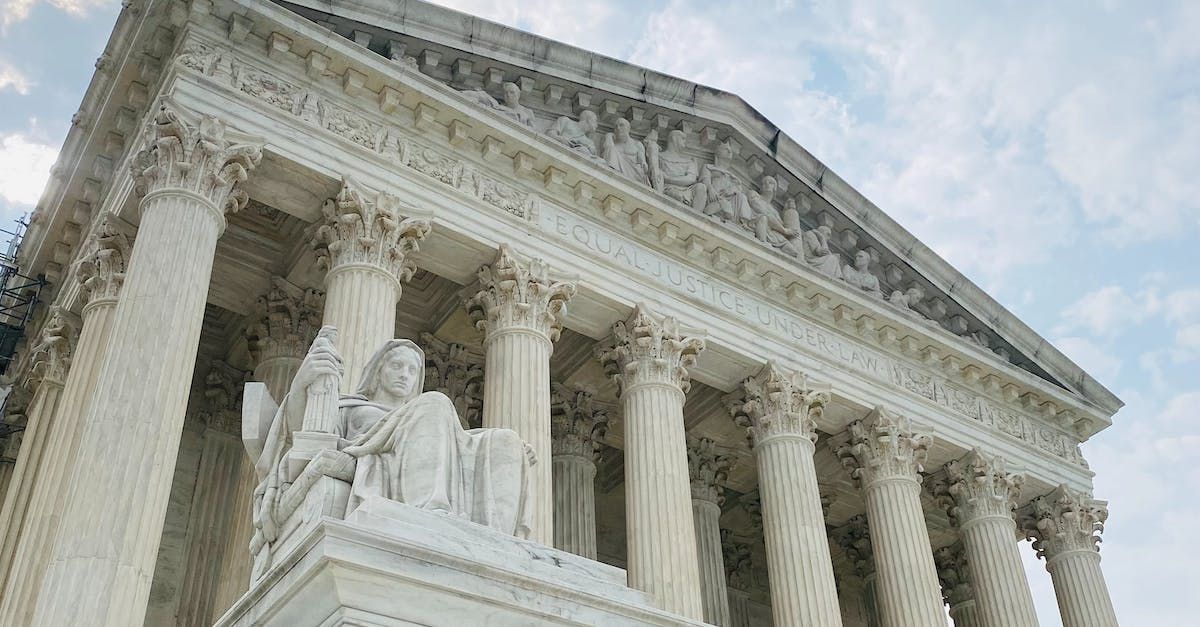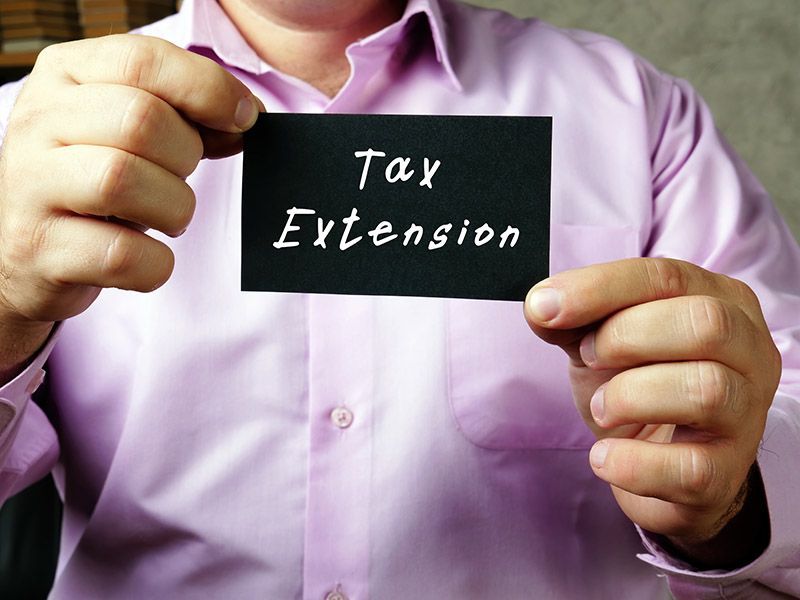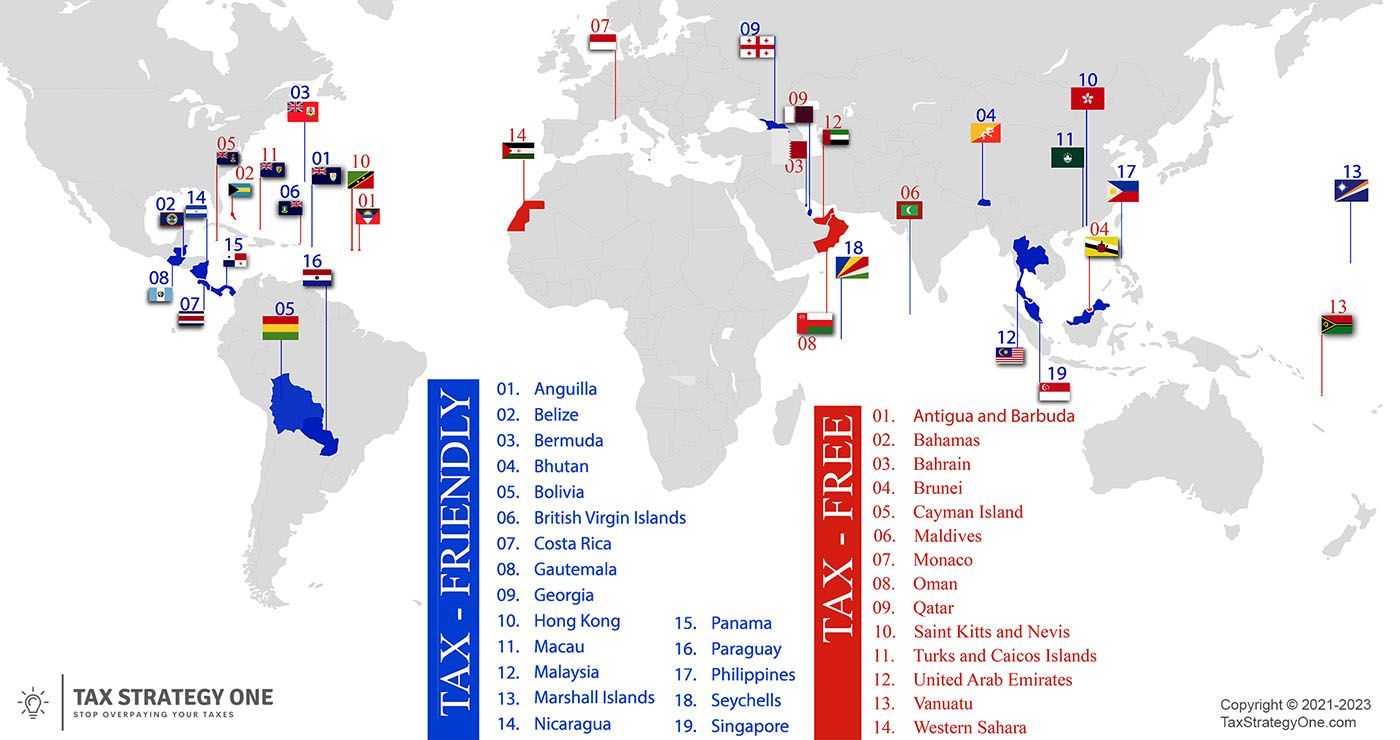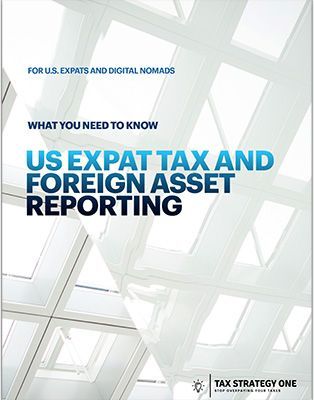U.S. Supreme Court Takes On Major Case: Constitutionality of Taxing the Shareholders for the Foreign Corporation’s Income.
A significant legal showdown is on the horizon as the U.S. Supreme Court prepares to address whether Congress has the right to personally tax shareholders on the "undistributed" earnings of a foreign corporation. This pivotal tax case will determine whether such taxation measures comply with the Constitution.

The upcoming case before the U.S. Supreme Court, known as Moore v. United States, centers around the personal taxation of unrealized gains (profits) in a foreign company and has the potential to reshape the way wealth is taxed in the United States for both US expats and residents. The key issue in this case is whether a one-time repatriation tax, introduced through the 2017 Tax Cuts and Jobs Act (TCJA), is constitutional.
Here are the key points:
- The Repatriation Tax: The one-time tax in question is imposed on U.S. taxpayers who have a specified level of ownership in certain foreign corporations. This tax was introduced as part of the TCJA.
- The Argument: The plaintiffs in this case, Charles and Kathleen Moore, assert that the repatriation tax is unconstitutional. They argue that because they did not receive dividends or what is traditionally defined as "income" from their ownership stake in a foreign company, the tax on their unrealized gains violates the 16th Amendment to the U.S. Constitution. In essence, they contend that only income that has been realized (received) should be subject to taxation.
- The Counter-Argument: On the other side, the Ninth Circuit Court of Appeals rejected the Moores' argument. They held that the realization of income is not a constitutional requirement for income tax. In other words, the government can tax gains even if they haven't been cashed in or "realized."
- Upcoming Supreme Court Hearing: The U.S. Supreme Court is set to hear the Moores' case in its next term, beginning in October. This hearing will determine whether the repatriation tax, which taxes unrealized gains, complies with the U.S. Constitution.
In essence, this case revolves around the fundamental question of whether the government has the authority to tax gains that have not been actually received or realized as income. The outcome of this Supreme Court case could have significant implications for the way wealth and income are taxed in the United States, potentially setting new legal precedents.
Sign-up for our tax newsletter below, and we'll keep you up-to-date as this key tax case progresses.
Copyright 2020-2023
Tax News You Can Use
Profit and prosper with the best of expert advice on taxes, retirement, personal finance and more - straight to your e-mail.
Sign up for our free monthly Expat tax e-newsletter
No spam, and we do not sell personal information we gather from prospects or clients.



